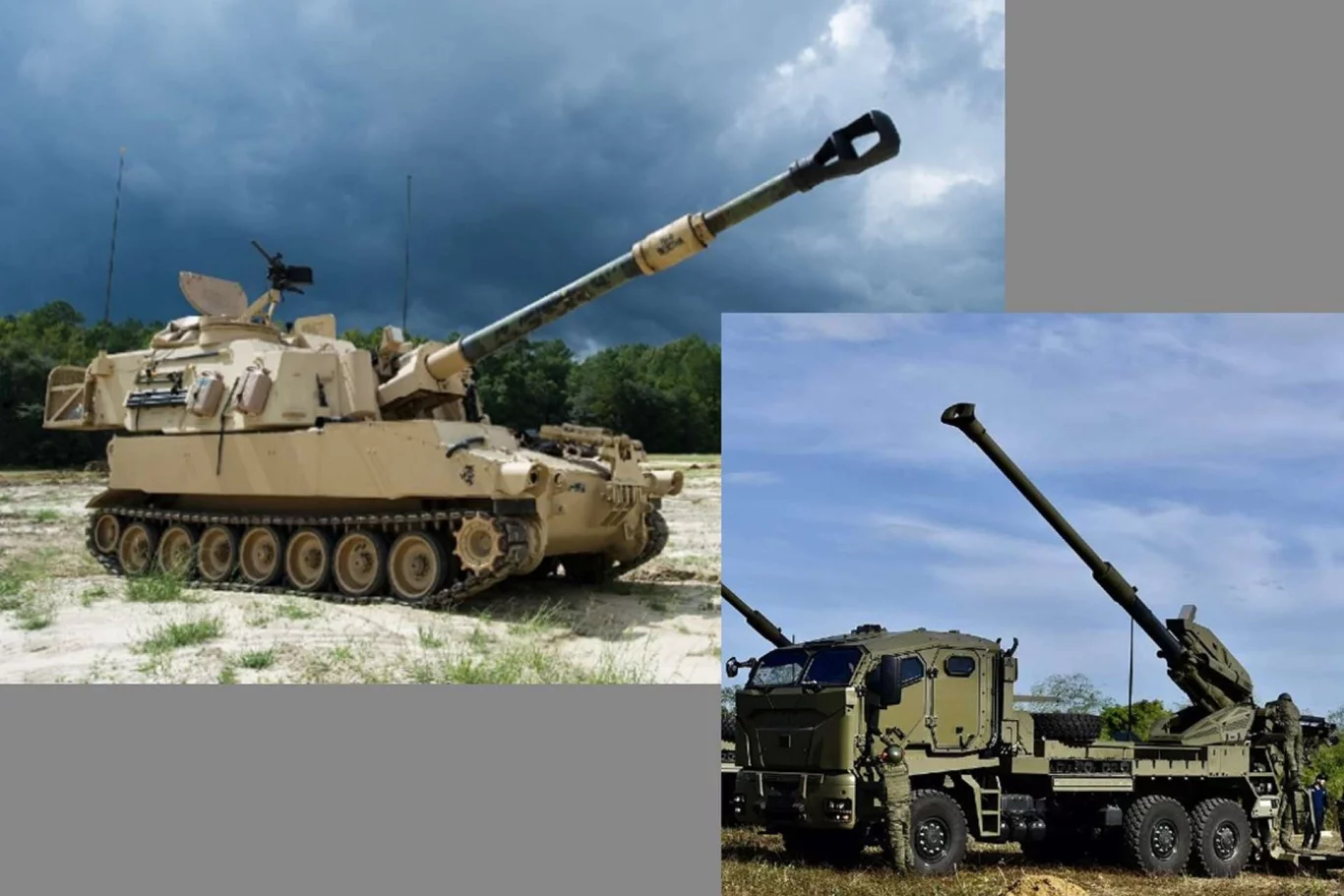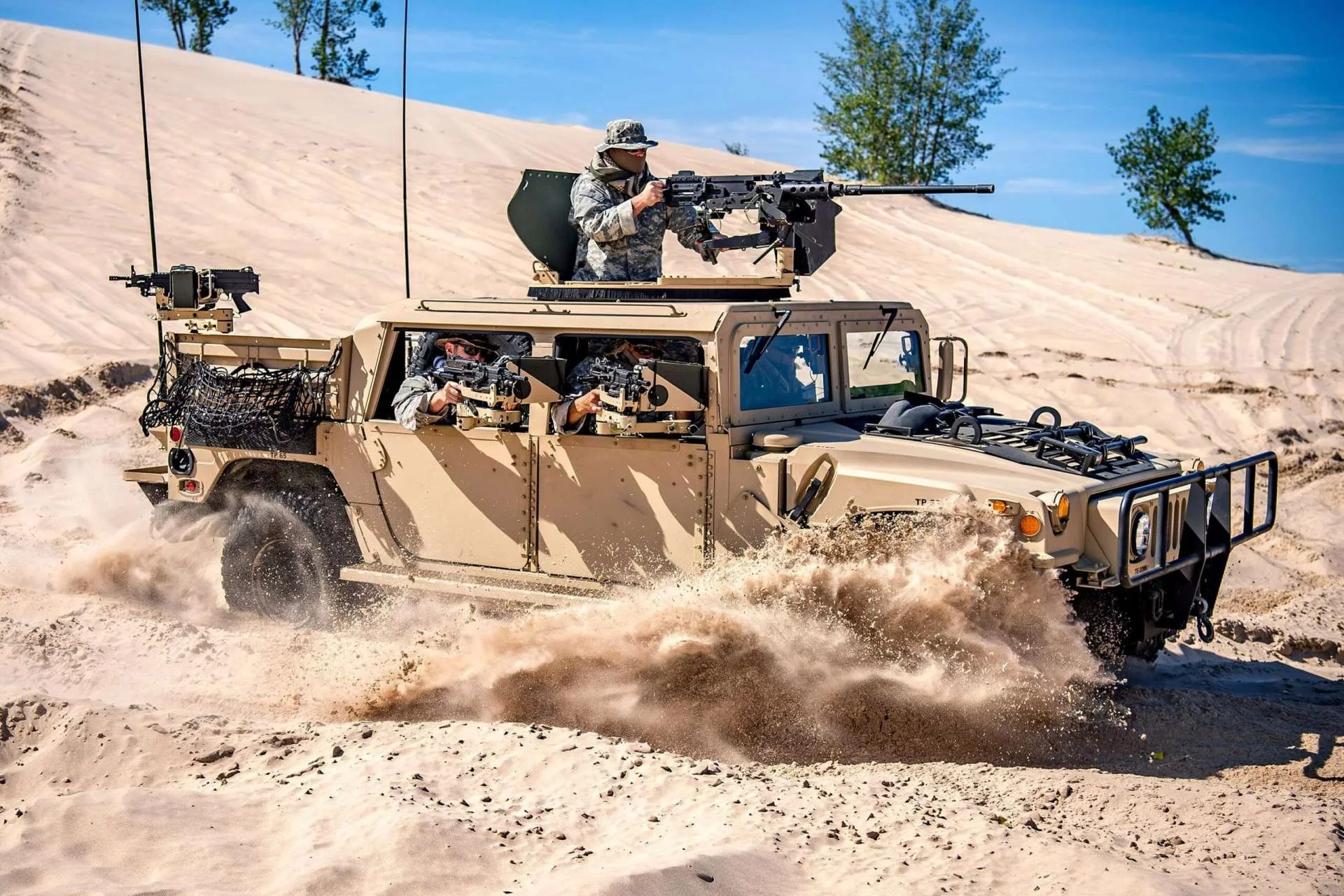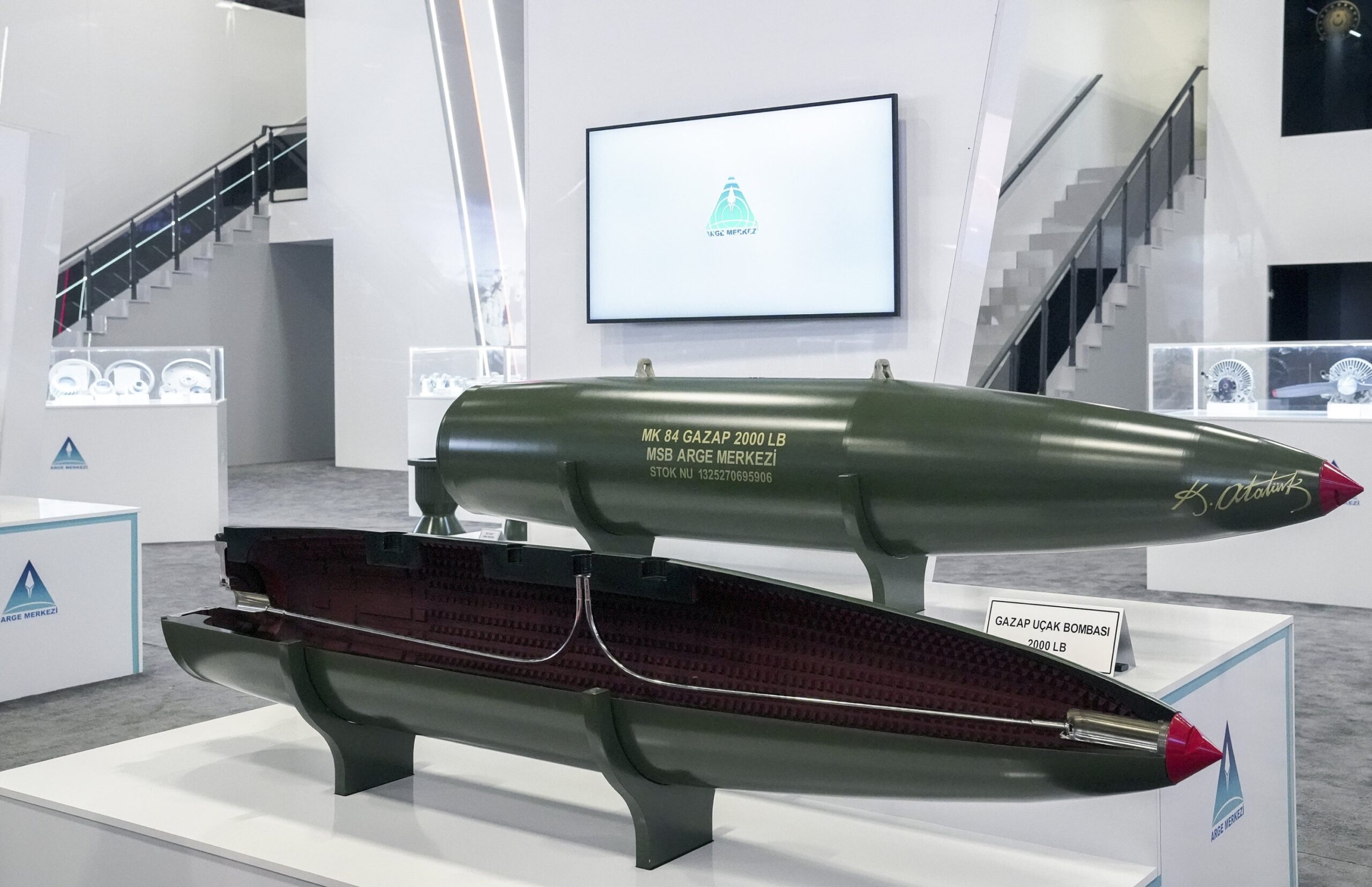In a groundbreaking move that’s poised to reshape the landscape of North American defense manufacturing, Canadian armored vehicle powerhouse Roshel has joined forces with Swedish steel giant Swebor to establish Canada’s very first dedicated facility for producing ballistic-grade steel. Announced on August 19, 2025, during a high-profile signing ceremony in Stockholm, this strategic partnership isn’t just about building a factory—it’s about bolstering national sovereignty, enhancing transatlantic alliances, and addressing critical vulnerabilities in global supply chains that have long plagued the defense industry. As geopolitical tensions continue to rise around the world, from ongoing conflicts in Eastern Europe to emerging threats in the Arctic, this initiative comes at a pivotal moment, promising to deliver unmatched resilience and innovation in armored protection technologies.
Roshel, a Mississauga-based company renowned for its rapid production of high-quality armored vehicles, has been making waves internationally, particularly through its support for Ukraine amid Russia’s full-scale invasion since 2022. The company’s flagship Senator series of armored personnel carriers (APCs) has become a symbol of reliability on the battlefield, with vehicles designed to withstand intense combat scenarios including improvised explosive devices (IEDs), small arms fire, and even artillery shrapnel. Over the past few years, Roshel has delivered more than 1,800 of these vehicles to Ukrainian forces, many funded through international military aid packages from Western allies. In 2024 alone, the company’s Ontario production facility churned out an impressive 1,500 units, demonstrating its capacity for scaling operations under pressure. This real-world combat testing has not only validated the Senator’s design but has also informed iterative improvements, leading to new programs like the Light Utility Vehicle (LUV) tailored for versatile missions and the Defence Arctic Mobility Enhancement (DAME) initiative, which focuses on adapting vehicles for extreme cold-weather operations relevant to Canada’s northern territories.
Now, by partnering with Swebor—a Swedish firm with decades of expertise in advanced metallurgy and armor solutions—Roshel is taking a bold step toward vertical integration. The new facility, set to be built in Canada, will focus on manufacturing specialized ballistic steel products, including high-hardness alloys, quenched and tempered plates, and armor-grade materials rigorously tested to meet NATO’s STANAG (Standardization Agreement) standards. These standards ensure that the materials can provide superior protection against ballistic threats, blast impacts, and fragmentation, which are essential for modern armored vehicles operating in high-threat environments. What makes this partnership truly revolutionary is that it positions Roshel as potentially the world’s first armored vehicle manufacturer to control the entire production lifecycle in-house—from sourcing and refining raw steel all the way to assembling and deploying finished vehicles. This level of integration eliminates dependencies on external suppliers, reduces lead times, and minimizes risks associated with international shipping disruptions, which have become increasingly common due to events like the COVID-19 pandemic, trade wars, and regional conflicts.
The intellectual property rights for the facility will be jointly owned by Roshel and Swebor, fostering a collaborative environment where Swedish technological know-how in steel hardening processes and heat treatment techniques can blend seamlessly with Canadian manufacturing prowess and resource availability. Swebor’s reputation stems from its ability to produce ultra-high-strength steels that are lightweight yet incredibly durable, allowing for armored vehicles that maintain mobility without sacrificing protection. For instance, their materials have been used in various European defense projects, contributing to vehicles that can endure extreme conditions while keeping crew safety paramount. By bringing this expertise to Canada, the partnership not only elevates the local industry but also creates opportunities for skilled job creation in fields like metallurgy, engineering, and quality assurance—potentially hundreds of positions that will stimulate economic growth in Ontario and beyond.
From a strategic perspective, this development addresses a glaring gap in Canada’s defense ecosystem: the historical reliance on imported ballistic materials. For years, Canadian manufacturers have had to source these critical components from overseas, exposing them to supply chain vulnerabilities, fluctuating prices, and potential export restrictions imposed by foreign governments. In an era where hybrid warfare and supply disruptions are tools of statecraft—think of the semiconductor shortages or rare earth mineral embargoes—this new facility represents a decisive push toward self-sufficiency. It aligns perfectly with broader NATO objectives, strengthening transatlantic ties as Sweden, a relatively new NATO member since 2024, extends its industrial influence across the Atlantic. The partnership underscores how allied nations can pool resources to counter shared threats, whether from authoritarian regimes or non-state actors, by ensuring a steady flow of advanced materials for collective defense needs.
Moreover, the initiative has direct implications for Canada’s military procurement policies. Under the Industrial and Technological Benefits (ITB) program, defense contracts often require a significant portion of work to be performed domestically, including the use of Canadian-made components. With in-house ballistic steel production, Roshel can now offer vehicles with higher national content, making them more attractive for government bids. This is particularly relevant as Canada ramps up its defense spending in response to commitments under NATO’s 2% GDP target and emerging Arctic security challenges posed by climate change and increased Russian and Chinese activities in the region. The Canadian Armed Forces, along with federal agencies like the Royal Canadian Mounted Police (RCMP), have already procured fleets of Senator vehicles for domestic use, such as border patrol and emergency response. Looking ahead, this steel facility could support the development of next-generation platforms, including hybrid-electric armored vehicles or those integrated with advanced sensors for autonomous operations.
While specific financial details of the project remain under wraps, the presence of high-level Canadian officials at the Stockholm signing speaks volumes about governmental support. Mélanie Joly, Minister of Innovation, Science and Industry, and Stephen Fuhr, Secretary of State for Defence Procurement, attended the event, emphasizing its role as a dual investment in industry and national security. Their involvement suggests potential public funding or incentives, possibly through programs like the Strategic Innovation Fund or defense export credits, to accelerate construction and operations. On the international front, the facility’s output could bolster exports, with Roshel’s vehicles already in demand among NATO partners and other allies. For Ukraine, ongoing deliveries financed by Western aid—totaling billions in value—highlight how this enhanced production capability could sustain long-term support efforts.
In essence, the Roshel-Swebor partnership is more than a business deal; it’s a catalyst for transforming Canada’s defense sector into a more autonomous, innovative, and resilient force. By localizing ballistic steel production, the initiative mitigates risks in an unpredictable global environment, fosters economic prosperity, and reinforces alliances that are vital for collective security. As the facility comes online, it will not only equip Canadian forces with cutting-edge protection but also position the country as a key player in the transatlantic defense market, ready to meet the challenges of tomorrow’s battlefields head-on. This move signals to the world that Canada is no longer content to be a consumer of defense technologies—it’s becoming a creator, with ripple effects that could redefine global armored warfare.




